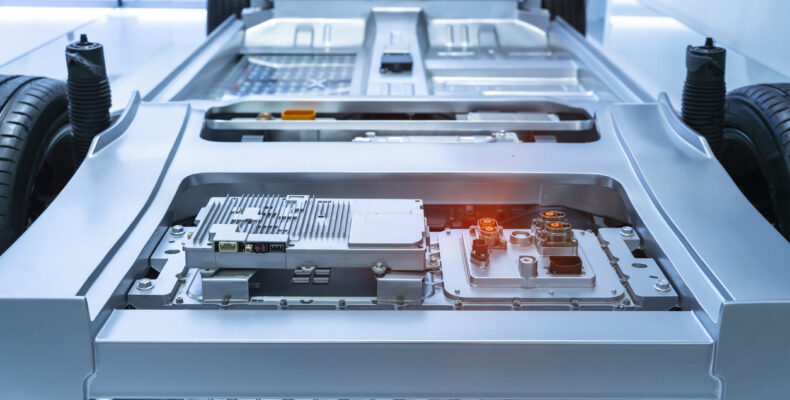
When innovation becomes mainstream: the rise of branded EV batteries
With the scope of patentability narrowing by the day, the Intellectual Property (IP) protection companies afford their batteries will soon start to shift in the favour of branding as opposed to being focussed solely on technology based Intellectual Property Rights (IPRs) such as patents. Toyota Motors alone owns close to 1,400 battery patents, with its competitors not far behind; the maturation of the patent sphere in the battery industry means that the only way to stand out is via strong branding and reputation, which is where trade marks step in.
EVs & competition
When analysing the battery industry, it is impossible to ignore the prominence of electric vehicles and the role electric vehicle manufacturers play in encouraging intra-field innovation. The relevance each industry has to the other has been epitomised by the almost synonymous nature of the terms in the modern market; a quick search for battery related news will return the advancements made by companies such as Tesla and Volkswagen in respect to their electric vehicle ranges. EVs make up 80% of lithium-ion battery demand, according to Wood Mackenzie, an energy research and consultancy firm.
However, with many battery patents not being too dissimilar to technology utilised decades ago, there are countless manufacturers all hoping to achieve the next breakthrough. Although to achieve this would undeniably be great for any company, while the majority concern themselves with the battery technology race, it is important that they bring themselves to the forefront of these operations through strong branding and marketing strategies.
When unconventional companies such as Tesla are at the forefront of the electric vehicle conversation, it is easy to see why those who manufacture the batteries needed for these cars to exist, remain under-credited and under the radar. However, the EV battery market could now be considered ‘mature’, creating the perfect opportunity for manufacturers to implement a branding strategy and bring themselves to the forefront of the industry. An example of success in this regard can be seen by the partnership of Volkswagen with 24M Technologies, a company which holds a number of trade marks.
This methodology can apply even to electric vehicle manufacturers who may be using entirely proprietary battery technology; branding and marketing batteries separately allows easier outsourcing and could potentially open an entirely new revenue stream. Tesla, always keen to keep one step ahead, has already trade marked the term ‘MEGAPACK’ for batteries and battery systems.
Monetising current relevance
The growth of the EV market is expected to accelerate in the coming years as the UK prepares itself for the 2030 ban on new petrol and diesel vehicle sales. As demand increases, and the issues of climate change become more and more prevalent, now is a perfect time for EV and battery companies to pinpoint marketing opportunities and place a real focus on branding. However, it requires a mindset shift.
The way the automotive industry thinks about EV batteries needs to change to recognise them as a stand-alone sector, as opposed to operating as a manufacturing supplier. As the battery market expands, it is now more important than ever to develop a brand which keeps your company at the forefront of EV manufacturers minds, ensuring you stand out from your competitors.
Barker Brettell has a dedicated automotive sector group that can assist and advise you on how to achieve the right trade mark protection for your brand. To continue the conversation, please contact the author or your usual Barker Brettell trade mark attorney.
This article was researched by Jacob Larking, legal research assistant, and co-written with Lucy Walker, partner and trade mark attorney, Barker Brettell.



